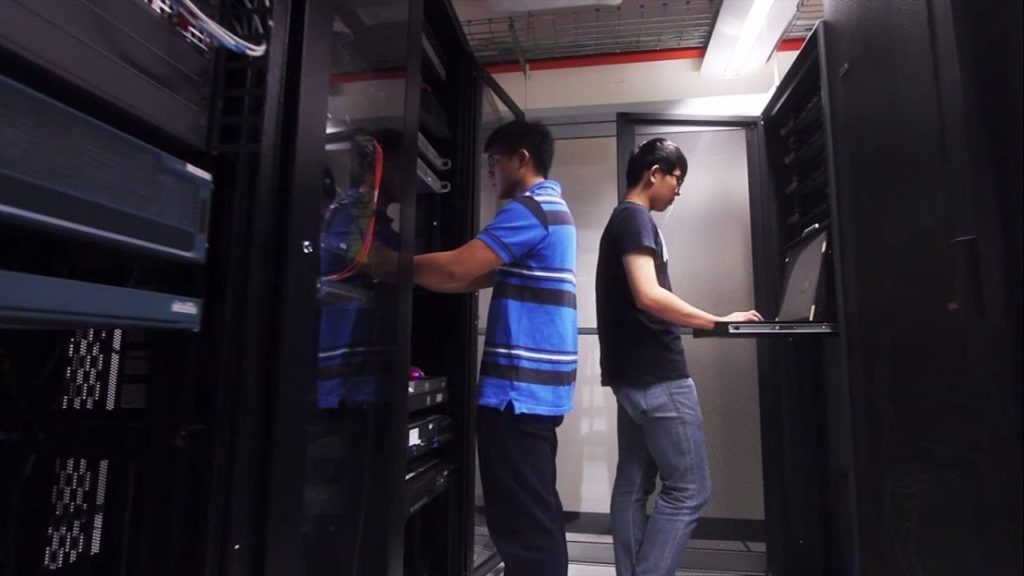
When it comes to technology, it is always good to consider the pros and cons of virtual technologies, since they can either improve or sabotage your business. One of the biggest disadvantages of virtualization is the difficulty of turning it on and off again, which can lead to errors and wasted time. This is not true with VR, though, since it is a highly complex system. It is still in its early stages and it cannot be used by everyone.
Some of the major benefits of virtualization are that it is a stimulus that can reproduce experiences in a realistic manner. It can help people overcome phobias and improve motor rehabilitation systems. It can also be used to create games that will ameliorate tasks. It can be expensive to install and use, but there are also numerous disadvantages. However, it is important to understand the pros and cons of virtualization and decide if you can live a life free from the problems that virtualization creates.
Another disadvantage is that virtualization is not always suitable for businesses that need their servers to be available round-the-clock. Moreover, it is not yet widespread and is still in the experimental stage. There are a number of disadvantages associated with this technology, including the feeling of worthlessness. Because users are unaware of their own reality, they tend to think that they’re escaping it and are unable to recognize reality. Furthermore, it can be dangerous for those with sensitive or depressive disorders.
Although the technology is still in its early stages, there are already a few cons that affect its usability. For one, it’s difficult to find practical applications without a daily VR experience. Additionally, users may have to receive assistance with using it. Because the head-mounted displays cover a large portion of the user’s face, they have to be placed near their eyes or nose. Therefore, they may require some help in using the technology.
The pros and cons of virtual technologies are different for different businesses. For a small business, it is important to decide if it is the right solution for them. Ultimately, virtualization will solve a number of operations and help it avoid a crisis. Its disadvantages may be harder to assess for a business, so it’s important to consider all aspects of the technology. It is also important to ensure that it’s suited to the intended purpose.
The pros and cons of virtual technologies are largely related to the use of these technologies. As with any other technology, the pros and cons of virtual technologies are not completely clear-cut. In general, these technologies have some advantages and drawbacks. A virtual reality headset will have a limited display resolution. As a result, a VR headset can cause the user to lean forward while working. The same effect can also occur in real-life situations.
